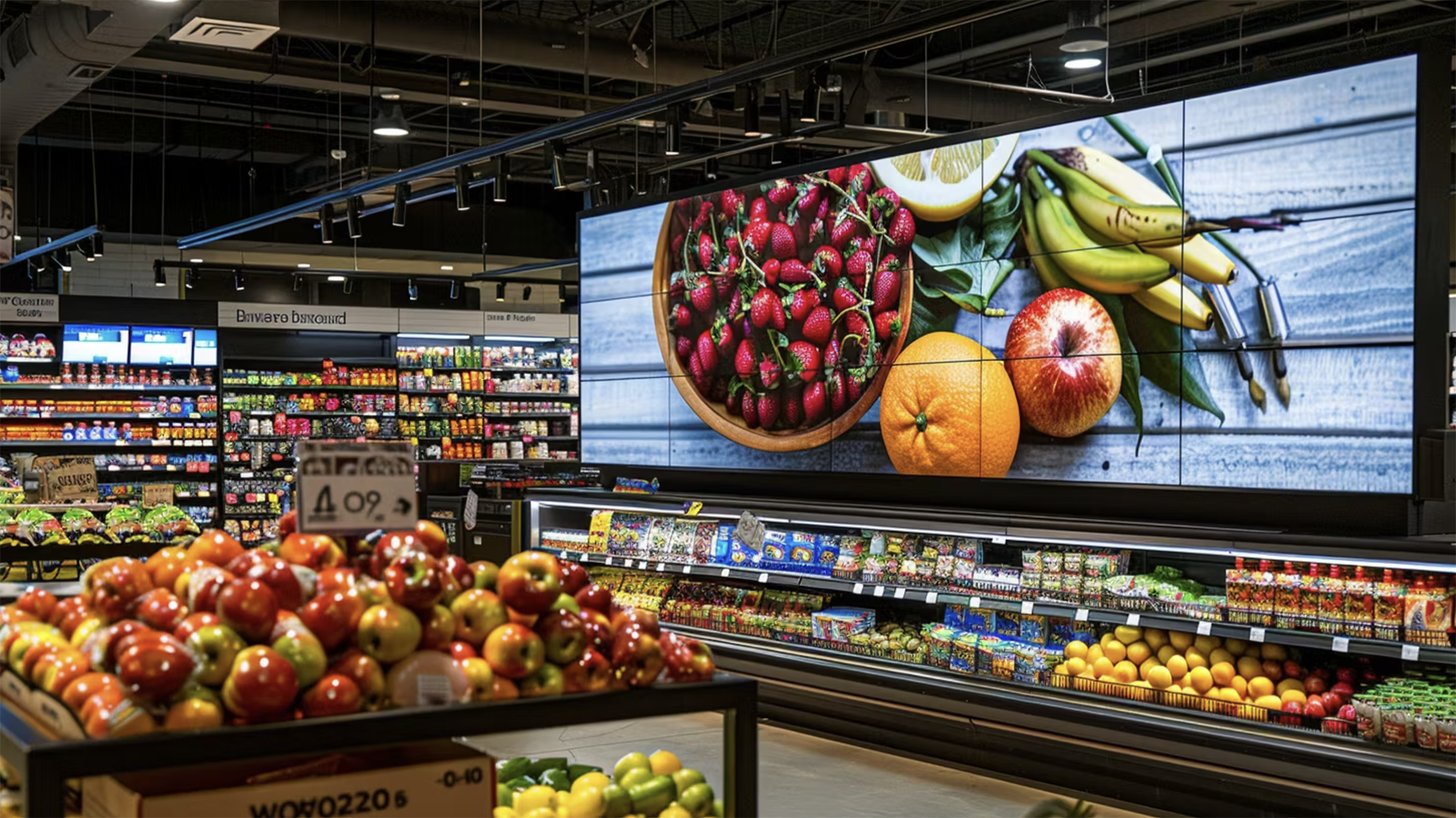6 Largest Companies that are Changing the Game with Micro-Fulfillment Centers

At A Glance
- 71% of grocery retailers plan to invest in advanced fulfillment systems in 2025, placing robotic micro‑fulfillment centers at the core of their digital strategy.
- 87% of retailers rank fulfillment inefficiency among their top business pain points, cementing the case for automated MFCs as critical margin solutions.
- Our analysis of Walmart’s strategy shows that robotic micro‑fulfillment centers now process nearly 55% of Walmart’s digital grocery volume, far surpassing earlier forecasts of only ~3.6% market share by 2025.
Automated micro-fulfillment centers have moved beyond the experimental stage to become core to modern digital grocery strategies. Grocers placing these hubs inside their busiest stores are seeing substantial operational gains. By boosting pick efficiency and throughput, store-based automation enables more orders to be fulfilled in less time and with fewer labor hours, strengthening both productivity and profitability.
How these grocers are winning with micro‑fulfillment strategies
Walmart
Walmart has anchored its fulfillment strategy around deploying up to 400 in-store robotic Accelerated Pickup and Delivery center hubs powered by Symbotic. Four pilot centers are already live, handling approximately 55% of Walmart’s digital grocery volume. These hubs fuel an omnichannel flywheel that drives shoppers to order three times more frequently and carry 13% richer baskets. For Walmart, every fulfillment center becomes a margin engine. This approach proves Grocery Doppio’s research that high-density automation is key to unlocking digital profitability.
Walgreens
Walgreens leads in pharmacy logistics with 11 robotic micro‑fulfillment centers across its network of nearly 5,000 stores, automating close to 40% of prescription volume (~16M scripts/month). Automation slashes cost per fill by 13–14%, yielding ~$500M in annual savings and enabling pharmacists to focus on clinical care. With rapid same‑day and two‑hour delivery supported by these centers, Walgreens blends healthcare and logistics efficiency, a strategy Grocery Doppio holds up as a fulfillment-first exemplar.
H‑E‑B
H-E-B reinforces regional leadership with nine AutoStore/SynQ-powered MFCs, including a 100,000 sq ft e‑commerce hub in Houston launched in early 2025. These centers isolate digital fulfillment operations from store traffic to enhance speed and accuracy. Grocery Doppio highlights how H‑E‑B, despite being limited to one state, achieves automation sophistication comparable to national grocers, proving scalable regional models can drive digital fulfillment excellence.
Ahold Delhaize
Ahold Delhaize piloted a modular MFC in Philadelphia through The GIANT Company, using Swisslog’s SynQ software and AutoStore robotics to fulfill over 15,000 weekly online orders. Housed within an urban store, the setup showcases how localized, automated micro-fulfillment can boost efficiency without the need for large distribution centers. While expansion has not been publicly updated, the site stands as a strong example of scalable, Swisslog-powered urban fulfillment.
Save a Lot
Save A Lot is emerging as a regional innovator in micro-fulfillment by integrating robotics into its last-mile strategy. In 2024, the grocer launched its first automated micro-fulfillment center in Brooklyn, powered by Fabric, enabling order fulfillment in under 30 minutes. The center supports both in-store pickup and rapid delivery, significantly improving operational efficiency while reducing fulfillment costs by nearly a third. With additional centers planned in New York and Dallas, Save A Lot’s model offers a scalable template for discount grocers aiming to modernize digital fulfillment without relying on traditional distribution networks.
Albertsons
Albertsons continues to advance its micro-fulfillment strategy with Takeoff Technologies by embedding automated fulfillment centers within stores to speed up order processing and expand product access. These units, typically holding 15,000–18,000 SKUs, enhance efficiency and free store staff to focus on service. Moreover, Albertsons is boosting its broader automation efforts: as of early 2025, three of its 22 distribution centers are automated, with a goal to raise that to 30% of volume by year-end.
Why these strategies matter
Each of these grocers has moved beyond experimentation, deploying robotic, high-density micro‑fulfillment centers that deliver measurable performance improvements. These are not prototypes; they’re operational systems built for scale and speed. As legacy fulfillment models strain under rising labor costs and rising shopper expectations, micro-fulfillment automation is helping grocers regain control over margins and execution. No longer cost centers, these hubs now anchor faster delivery, larger baskets, and deeper customer loyalty.
Unlock the strategies powering the next wave of grocery fulfillment. Join our AI in Grocery webinar on August 26 to see how brands and technology partners are accelerating delivery speed, efficiency, and profitability.


.png)





.png)


